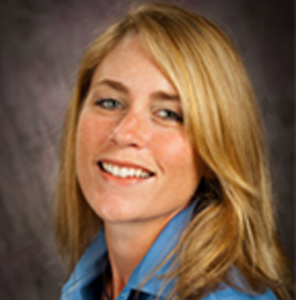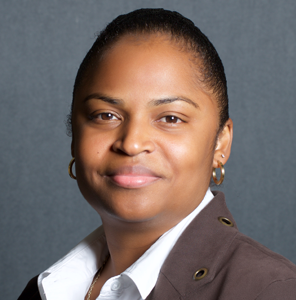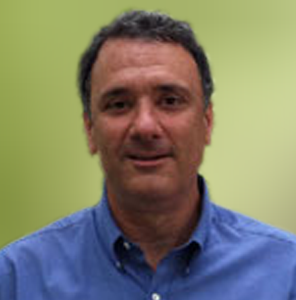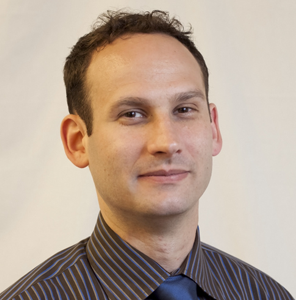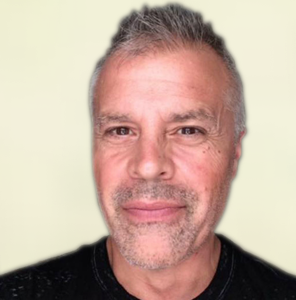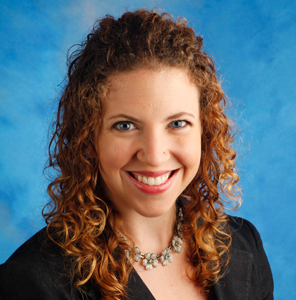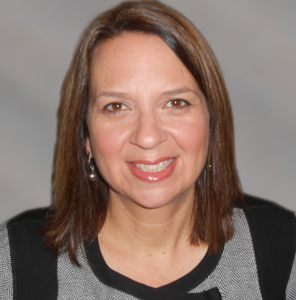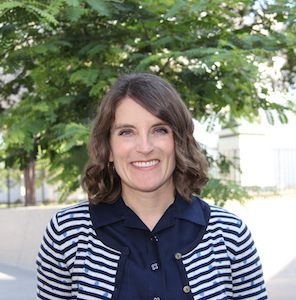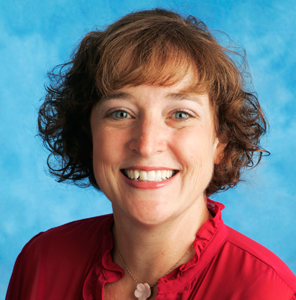Dr. Lineweaver is featured in ACUE’s modules: Leading the First Day of Class, Planning Effective Class Discussions, Facilitating Engaging Class Discussions, Providing Clear Directions and Explanations, and Teaching Powerful Note-Taking Skills.
Dr. Lineweaver is a Clinical Neuropsychologist by training, and currently a Professor of Psychology at Butler University in Indianapolis, Indiana. She is also the director of Butler’s Neuroscience Minor. She teaches Biological Bases of Behavior, Advanced Applied Neuroscience, and several interdisciplinary, co-taught courses including a natural science core curriculum course focused on the Biology, Chemistry, and Psychology of food, a natural science core curriculum course focused on the Neuroscience of music, and a social science core curriculum course focused on the Biology, Sociology, and Psychology of mental illness.
Lineweaver’s research interests center around stereotypes and beliefs about aging, self-perceptions of cognitive functioning, cognition in patients with neurodegenerative disorders, epilepsy, or ADHD, and the effects of music on affect, behavior, cognition, and the prescribed medications of older adults with dementia. She mentors 10-12 undergraduate students in her research lab each year, many of whom are published co-authors of hers before or soon after they graduate.
An Ohio native, Lineweaver completed her undergraduate work at Butler University, earning her BS in both Arts Administration and Psychology. She was awarded a Master’s degree from Georgia Institute of Technology in Experimental Psychology with an emphasis in Cognitive Aging before completing her PhD in Clinical Neuropsychology at the University of California, San Diego.
